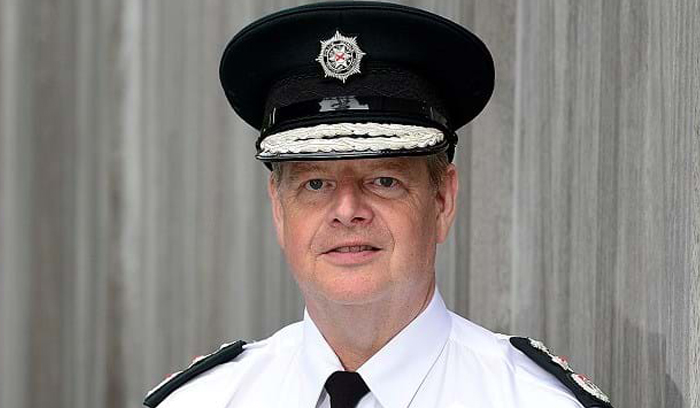Pre-charge bail legislation to undergo Home Office review
The Government is to review pre-charge bail legislation following concerns that the current system fails to ensure the safety of victims and prevents police from fully investigating some offences.
Reforms made in 2017 limited the length of pre-charge bail to an initial 28 days, with any extension of bail conditions for up to three months needing to be authorised by a senior officer. This was intended to prevent suspects being left for lengthy periods under restrictive bail conditions without being charged.
The Home Office now says it will consider updating the rules to better support police officers investigating crimes and ensure that pre-charge bail is being used where most appropriate – including when conditions are needed to protect victims and witnesses, such as in domestic abuse cases.
The review will examine how the system can be improved. It will ensure the proper use of bail to protect victims and witnesses and support the police in the timely management of investigations, whether a suspect is released on bail or under investigation.
It will also look to design simplified and flexible rules to support effective operational decisions and ensure pre-charge bail supports the timely progression of cases to courts.
Home Secretary Priti Patel said: “I’m committed to giving the police the support they need to protect the public from harm – as well as supporting victims and witnesses.
“This review will ensure we put the needs of victims first and help the police investigate complex crimes whilst also continuing to make sure cases are able to be dealt with swiftly.”
In a letter published in The Times last month, Lord Blair, the former commissioner of the Metropolitan Police Service, called for “urgent” changes to police bail laws to protect victims of domestic abuse, stalking and sex offences.
Describing the 2017 bail reforms as a case of “the road to Hell being paved with good intentions”, he wrote: “Many of the 600,000 cases of domestic violence annually reported to the police are complex and incapable of resolution within that time limit, including, for instance, time delays about forensic evidence, let alone sheer caseloads for investigators. Without formal bail, conditions on suspects, such as not contacting the alleged victim, cannot be enforced.
“Urgent revision of this law is now needed, after which the police service will then be better able to protect victims of such really unpleasant personal crimes of violence.”
The review follows guidance issued to frontline officers by the National Police Chiefs’ Council earlier this year emphasising the importance of using pre-charge bail, including in high-harm cases.
Police can apply and extend pre-charge bail as investigations continue should they believe conditions are still necessary.
Her Majesty’s Inspectorate of Constabulary and Fire and Rescue Services and Her Majesty’s Crown Prosecution Service Inspectorate are conducting an inspection of how police forces manage changes to bail and are expected to publish their findings next year.







